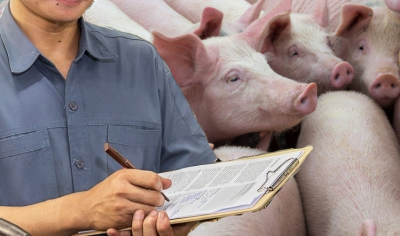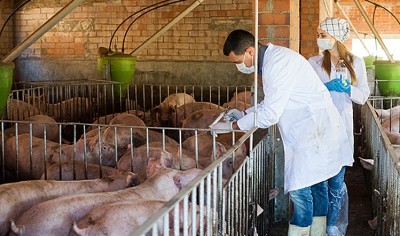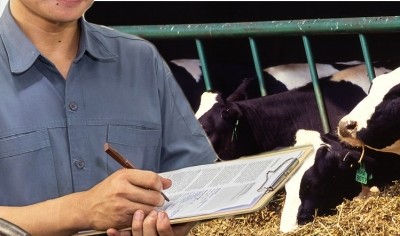Supreme Court dismisses Cleveland Meat Company case against FSA

The seven-year case bounced between the High Court and the Court of Appeal before being brought before the Supreme Court. CMC asserted there should be a right of appeal against an Official Veterinarian’s (OV’s) decision. It also claimed that should it not surrender the carcase voluntarily, the OV should be required to seize it by serving a Food Detention Notice under section 9 of the Food Safety Act 1990 and take it to a Justice of the Peace to determine if it should be condemned. However, this action was refused.
CMC, alongside AIMS, brought judicial review proceedings to challenge FSA's assertion it was not required to use the section 9 procedure and that it was incumbent on the UK to provide a method of challenging the OV's decisions. The judicial review claim failed at first instance and in the Court of Appeal.
CMC and AIMS then appealed to the Supreme Court, which has unanimously dismissed that appeal. The case was brought before Brexit, so was determined according to EU meat inspection laws, with the Supreme Court basing its verdict on opinions given by the Court of Justice of the EU (CJEU).
Supreme Court ruling
On the basis of the CJEU's responses, the Supreme Court ruled that EU law entrusted the OV with the responsibility for ensuring that meat was fit for human consumption as the person best qualified to carry out such checks. It stated that section 9 could not be used as a basis for challenging an OV's decision and that a judicial review should be sufficient to challenge it.
Peter Hewson, veterinary director at AIMS, said the Supreme Court ruling did not make it clear that the final decision on the fitness of a carcase for human consumption must be that of the OV, as claimed by the FSA.
“In fact the European Court of Justice dismissed that argument – in answering the questions put to it by the Supreme Court – finding that there must be a right of appeal against an OV’s decision, but also finding that Section 9 of the Food Safety Act [1990] did not provide for an operator to ‘bring an action on its own initiative’," Hewson added.
‘Failed its legal obligation’
“The Supreme Court came to the view that judicial review would provide the required right of appeal. In the case of the Cleveland Bull, the FSA failed in its legal obligation to inform the operator that he had a right of appeal, and even refused to allow for a second opinion.
“The law has now been clarified that there must be a right of appeal against decisions taken by OVs and it has been amended to require the OV to facilitate a second opinion.”
CMC and AIMS brought the appeal to the High Court following a dispute at CMC’s abattoir in September 2014, where a slaughtered bull was deemed unfit for human consumption by an FSA OV, who had found three abscesses in the offal post-slaughter. This decision was disputed by CMC, which appointed its own vet who came to a different conclusion.
Judicial review
The OV served notice on CMC, requiring it to dispose of the carcase, but also making clear it could appeal against that via a judicial review within three months.
Passing judgement on the case for the Supreme Court, Lady Hale and Lord Sales said there was no legal foundation for CMC's claim that the FSA acted unlawfully in declining to proceed under the section 9 procedure in relation to the carcase in question.
“Nor is there any basis for the alternative complaint that the UK has failed to provide an appropriate means to challenge decisions taken by an OV,” they added.
FSA comment
FSA acting director of operations Simon Tunnicliffe welcomed the decision to dismiss the case.
“We welcome the decision of the Supreme Court to dismiss this long running case, which confirms OVs are to make the final decision on whether or not meat is fit for human consumption.
"Our frontline OVs play a vital role in making important decisions every day which help protect consumers and ensure food is safe and what it says it is.
"We have support in place for our OVs to discuss complex cases before they make their final decision if needed.”















